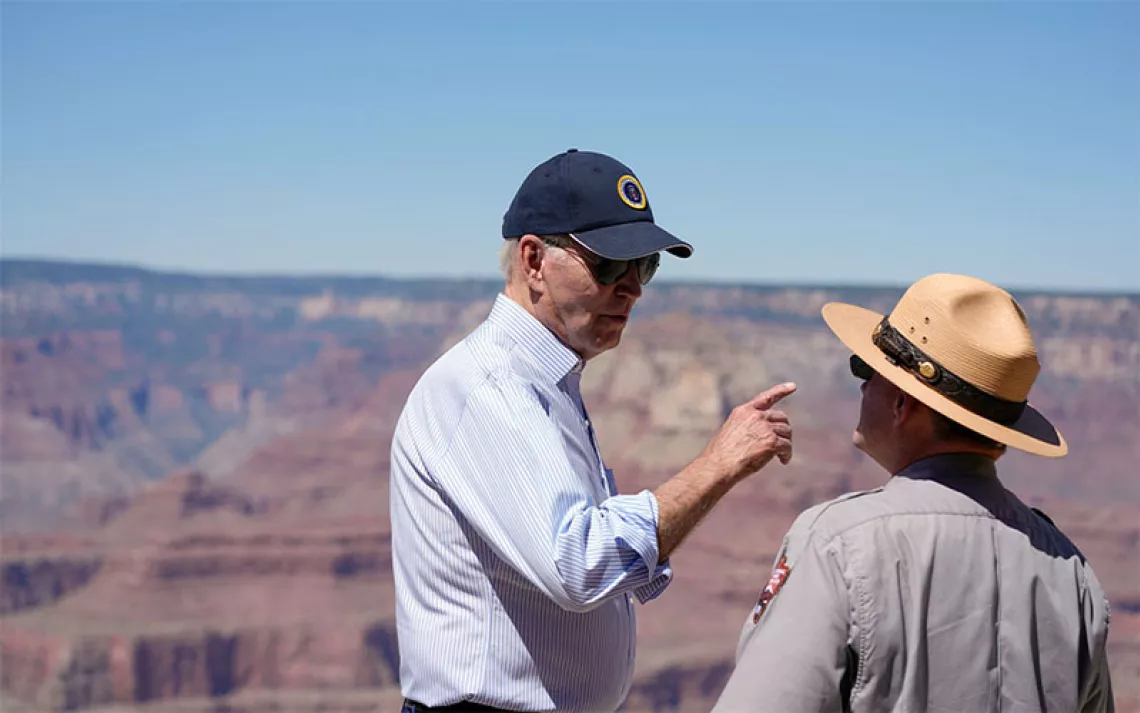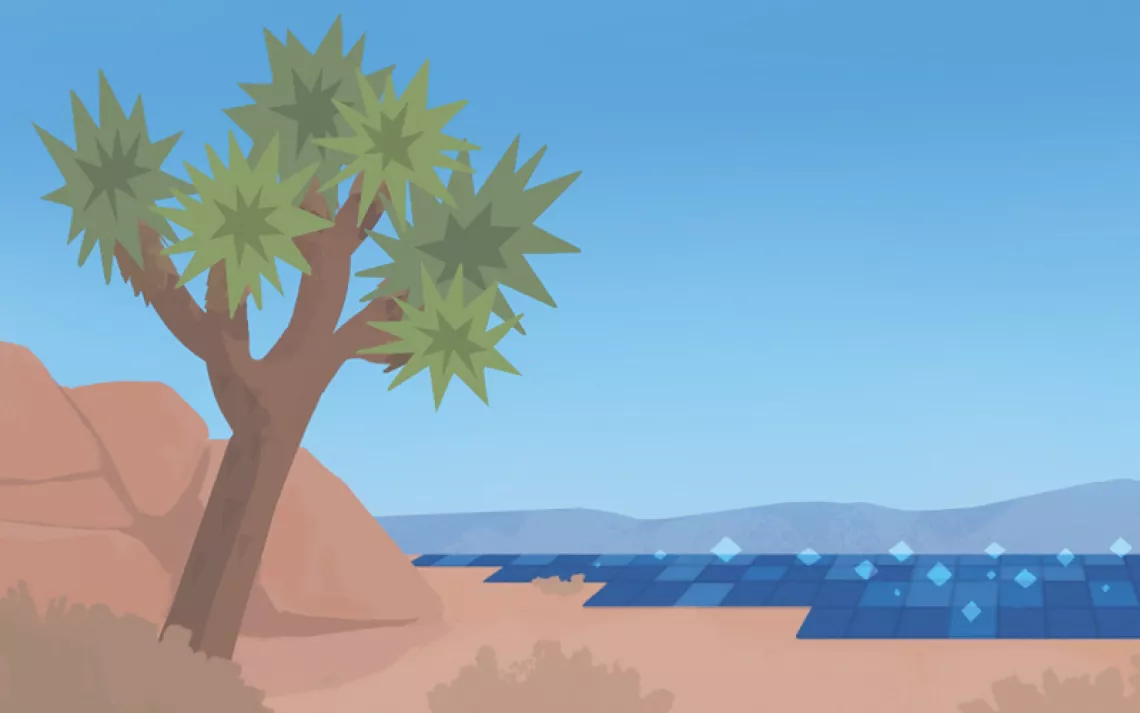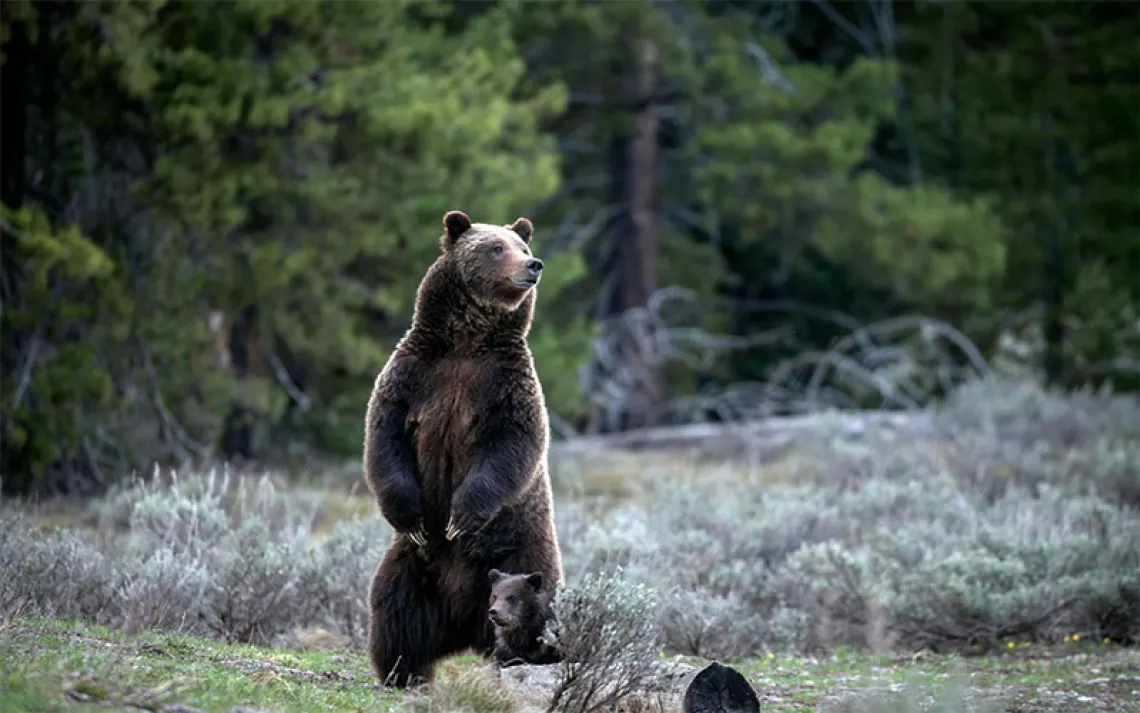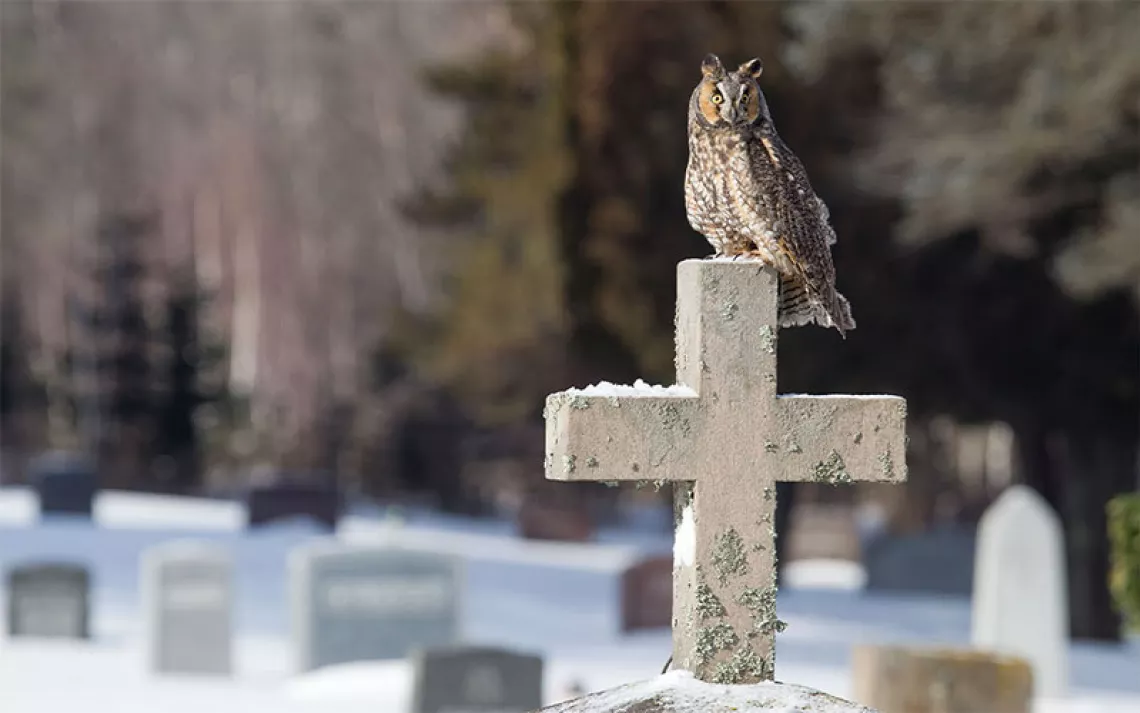The Arctic Refuge Is Too Valuable to Drill
A veteran of the Afghan War finds a measure of solace in wild places
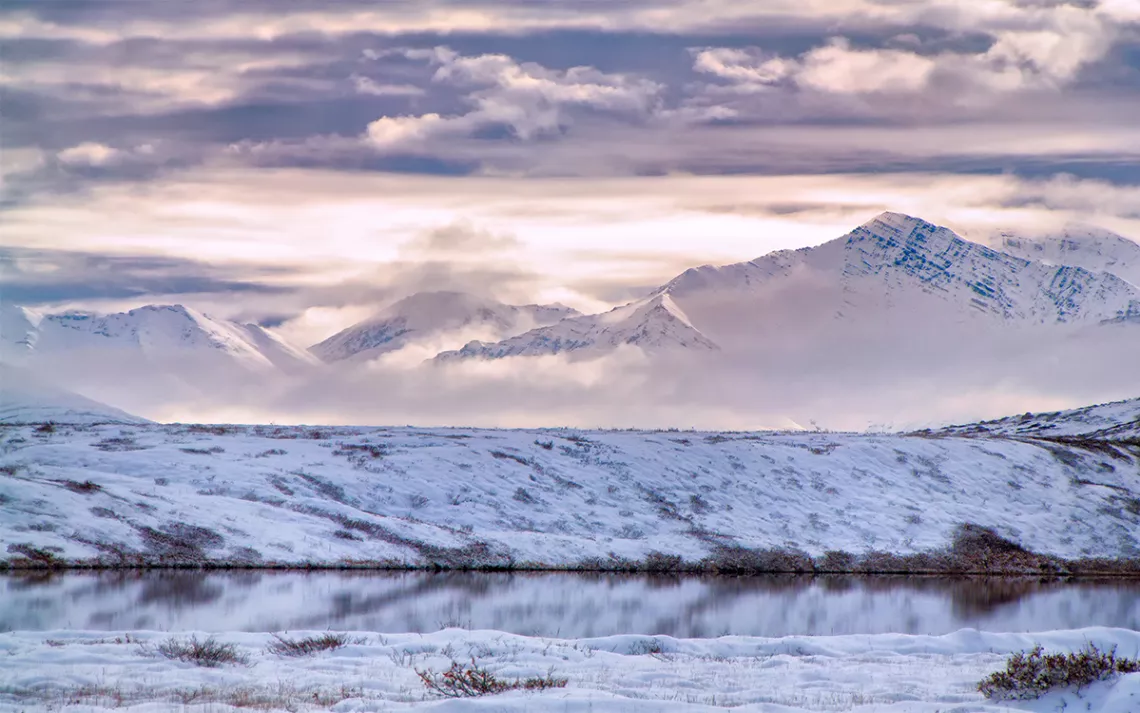
Photo by troutnut/iStock
Eleven years ago, during my first tour in Afghanistan, my team and I were involved in an attack when a suicide bomber drove a car packed with explosives into our up-armored truck. There was hardly anything left of our vehicle, and it was a miracle that we survived without significant external injuries. There were, however, internal injuries that will remain with us for the rest of our lives. On top of the brain injuries we suffered, the mental and emotional toll we experienced was unexpected and, for me at least, has never fully faded away. When I returned home, I realized that I was suffering from severe post-traumatic stress.
In an attempt to outrun my issues, I threw myself into work and discovered a fulfilling vocation in veterans advocacy. I could not go on the next deployment with my brothers- and sisters-in-arms, but I could work to ensure there would be better resources for them when they returned home. I immediately recognized a serious gap in advocacy for female members of the military, despite the disproportionate challenges our gender faces. These challenges include rapidly increasing rates of homelessness after war, invisibility as respected service members, and higher rates of unemployment. That’s why my sister and I started American Women Veterans: to honor military women and to raise awareness of their needs after war. Almost a decade in, I’ve heard countless stories of amazing women who have dedicated their lives to service, yet like me struggle to readjust when they return home to the country they fought for.
Although I had found purpose by founding an organization with such big dreams, I had not found peace. While I had returned from deployment, I had not yet left the war. I brought it home with me in my mind, my dreams, and my heart. It wasn’t until I had the opportunity to spend time outdoors that I was truly able to come home from war.
By going to big, wild, remote places, I connected with something beyond myself and was finally able to find peace. During my travels and adventures in beautiful spaces untouched by civilization, I discovered “the place in between.” That’s where the trials of our own lives are present and within us, but where we can see their insignificance in the grand scheme of life. At that in-between place, all that matters is the air we breathe, the earth beneath our feet, and our connection to all living entities. When I made this connection to the wild earth, I knew that our American wilderness is sacred and must be protected.
No place is more worthy of protection than the Arctic National Wildlife Refuge. In the summer of 2015, I had the incredible opportunity to travel to this unique place, and I discovered there a kind of comfort, tranquility, and peace I’ve experienced in few other places. Of course, Americans have always loved our open lands. Our spirit as a people is as vast as our wild places. The Arctic refuge is the epitome of that spirit—rugged, unapologetic, and indescribably vast.
Unbelievably, this Congress is advancing a plan that would destroy the wild character of the Arctic refuge. The tax bill currently before Congress includes a provision that would open the refuge’s coastal plain to oil and gas exploration and drilling. Drilling in the refuge would feed our fossil fuel addiction and could lead to contaminated waters, reduced wildlife, and oil spills that would destroy the Arctic tundra. Putting oil wells in such a place is appalling and un-American. That’s why I’m fighting to protect the Arctic National Wildlife Refuge.
There’s no time to lose, because the truth is that we’re already losing the Arctic. Climate disruption is happening there five times faster than anywhere else in the world. We simply can’t afford speeding up this destruction with more oil and gas drilling. Make no mistake: This is a contest of values. The Arctic represents the ideal of wilderness and the American spirit. Saying “no” to drilling is a way of saying “yes” to preserving some places wild and free.
It’s also a matter of human rights. The Gwich’in, an Alaska Native group, depend on the caribou herds that roam throughout the refuge. For the Gwich’in, the coastal plain is sacred land. If we permit the destruction of this land, it would mark a victory for corporate greed and political corruption. That’s the antithesis of why I serve in the U.S. military—to protect and defend our land and our people.
It’s not too late for our elected leaders to stop this ill-conceived, desperate, and devastating proposal. The Arctic refuge must remain untouched to protect and preserve it not just for the people and animals who hunt and live there, but for those of us who have sought to find peace in the lands we defended.
 The Magazine of The Sierra Club
The Magazine of The Sierra Club
